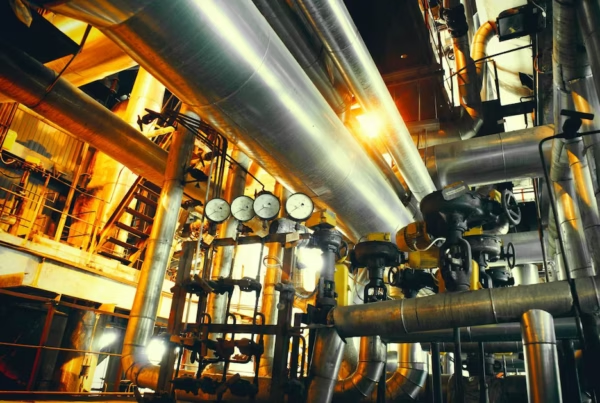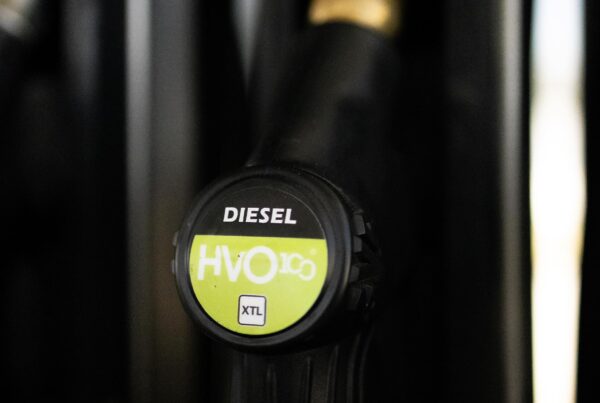The ZDK (Central Association of German Motor Trades) and GVA (General Association of Auto Parts Trade) agree that e-fuels are needed to achieve CO2 reductions in road traffic. The EU Commission is currently working on the details of emission standard 7, which is to come into force from 2025. So far, e-fuels have been taken into account in the draft, which ZDK and GVA believe should remain so.
“Our responsible politicians are now called upon to ensure that this point is anchored in the final Euro 7 regulation,” said ZDK President Jürgen Karpinski and GVA President Thomas Vollmar.
E-fuel technology essential for climate-neutral mobility
It is clear to both associations that the climate targets cannot be achieved without e-fuels. With the help of synthetic fuels, the combustion engines can also be operated in an environmentally friendly way after 2035. According to the two association presidents, many regions of our planet offer the opportunity to produce large quantities of hydrogen and synthetic fuels in a climate-neutral manner based on wind and solar energy.
The technology is important to make the goal of CO2 reduction in road traffic possible. Because you could already operate existing vehicles with e-fuels. According to Karpinski and Vollmar, the manufacturers of these fuels only need framework conditions to start large-scale production of e-fuels.
The two presidents also see it as important not to create a two-class society. After all, many people want to continue driving their conventionally powered cars in the future. For these people in particular, affordable alternatives are very important.




